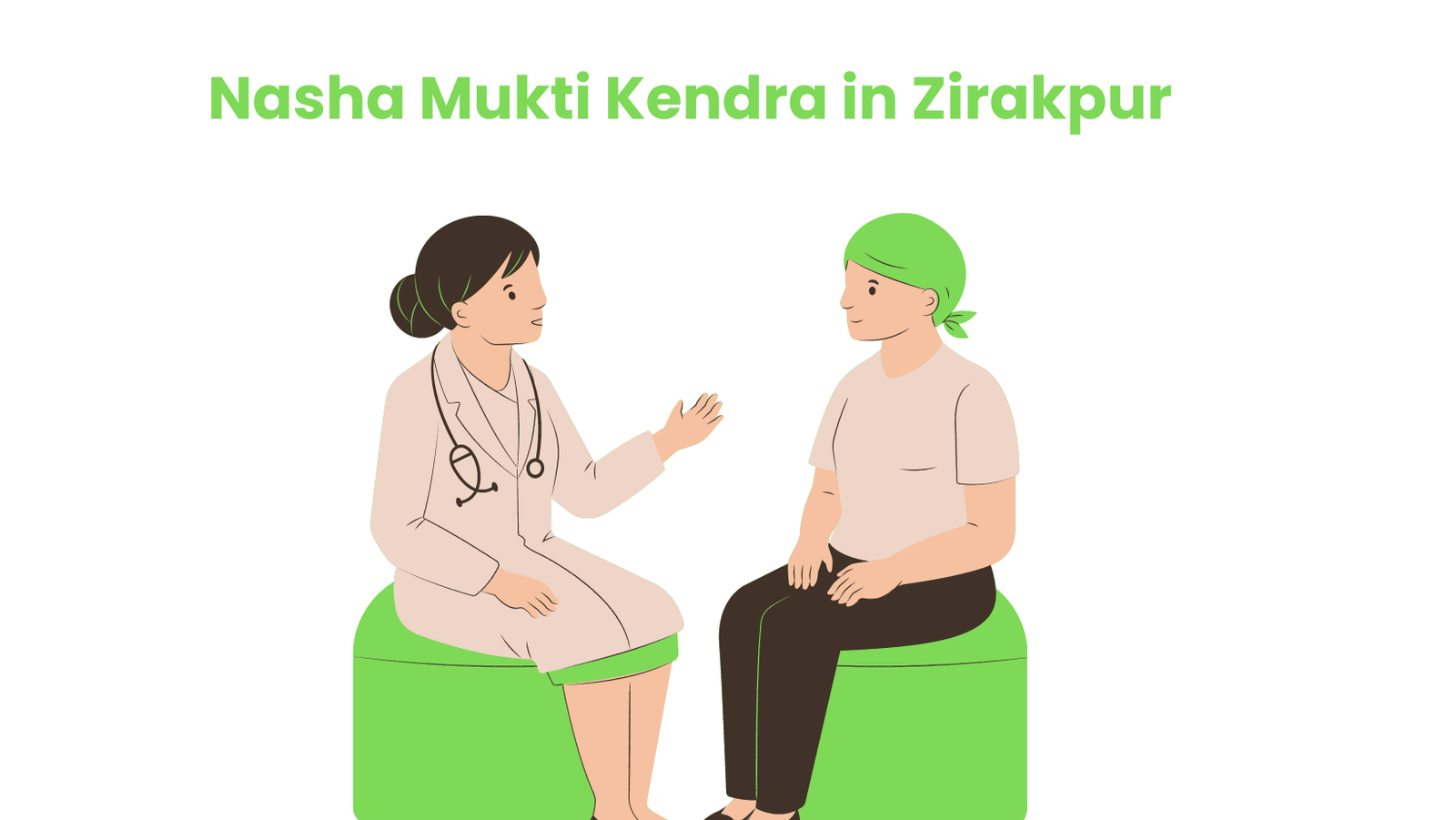Dual diagnosis is a term that has gained significant recognition in the field of addiction treatment, yet many people are unaware of what it truly entails or how it can impact recovery. This article delves into the concept of dual diagnosis, explores its implications, and discusses effective treatment strategies for individuals facing both mental health disorders and substance abuse. Understanding dual diagnosis is crucial for tailoring treatment that addresses all aspects of a person’s well-being.
Understanding Dual Diagnosis
Dual diagnosis, also known as co-occurring disorders, refers to the simultaneous presence of a mental health disorder and a substance use disorder. For example, a person might suffer from depression and alcohol addiction or anxiety paired with opioid abuse. The combination of these conditions can create a cycle where one issue exacerbates the other, making it difficult for individuals to manage their symptoms and seek effective treatment.
The connection between mental health disorders and substance abuse is complex. Mental health challenges can lead some individuals to use drugs or alcohol as a form of self-medication, while substance use can trigger or worsen existing mental health issues. The intertwined nature of these conditions underscores the need for comprehensive treatment approaches that consider both aspects of a patient’s health.
Why Dual Diagnosis Requires Special Attention
Treating a dual diagnosis is more complicated than addressing either condition alone. Individuals facing co-occurring disorders may experience more severe symptoms, increased rates of relapse, and greater challenges in achieving long-term recovery. The presence of both mental health and substance abuse issues can also hinder treatment adherence, as each condition can interfere with a person’s motivation and capacity to engage in their recovery plan.
Due to these complexities, specialized treatment is crucial. Without addressing both disorders simultaneously, there is a risk that one condition may trigger a recurrence of the other, perpetuating a cycle of dependence and distress.
How Dual Diagnosis is Treated
Treating dual diagnosis effectively requires an integrated approach that focuses on both the substance use disorder and the mental health condition. Here are some of the primary components of dual diagnosis treatment:
- Comprehensive Assessment The first step in dual diagnosis treatment is a thorough assessment by healthcare professionals who specialize in co-occurring disorders. This evaluation helps identify the mental health issues at play and the extent of substance abuse, laying the groundwork for a personalized treatment plan.
- Integrated Treatment Programs Integrated treatment programs combine mental health services and addiction treatment into one cohesive plan. This ensures that both conditions are treated simultaneously rather than independently, leading to more effective outcomes. Such programs often include a mix of therapy, medication management, and supportive services.
- Behavioral Therapies Evidence-based behavioral therapies, such as cognitive-behavioral therapy (CBT) and dialectical behavior therapy (DBT), play an essential role in dual diagnosis treatment. These therapies help patients develop coping strategies to manage their mental health symptoms and reduce substance use triggers.
- Medication Management For some individuals, medication can be an effective part of treating dual diagnosis. Antidepressants, anti-anxiety medications, or mood stabilizers may be prescribed to address the mental health component, while other medications can assist in the detox and withdrawal process.
- Support Groups and Peer Support Group therapy and peer support groups like Alcoholics Anonymous (AA) or Narcotics Anonymous (NA) can be instrumental in recovery. These groups provide a sense of community and shared experiences that can motivate individuals and reduce feelings of isolation.
- Family Involvement Family therapy and education are key elements of dual diagnosis treatment. When family members understand the challenges their loved one faces, they can offer better support and contribute to a positive recovery environment.
- Aftercare and Relapse Prevention Long-term recovery from a dual diagnosis requires a solid aftercare plan. This may include ongoing counseling, regular check-ins with a psychiatrist, and strategies for avoiding relapse. Support systems such as sober living arrangements or outpatient programs can also be beneficial.
The Challenges of Dual Diagnosis Treatment
One of the biggest challenges in treating dual diagnosis is the potential for misdiagnosis. Symptoms of mental health disorders can sometimes be masked by substance use, making it difficult to identify the root cause of certain behaviors. Similarly, withdrawal symptoms may mimic or exacerbate mental health issues. This is why it’s essential for individuals to seek treatment from specialized providers experienced in dual diagnosis cases.
Another challenge lies in the stigmatization of mental health and addiction. Many people may feel reluctant to seek help due to fear of judgment or shame. Breaking down these barriers and promoting open conversations around mental health and addiction can pave the way for more people to receive the help they need.
Why Professional Help is Essential
Dual diagnosis treatment is complex and often requires a multidisciplinary approach. Reputable rehab centers are equipped with professionals who understand the nuances of co-occurring disorders and can develop comprehensive treatment plans that address both the psychological and physiological aspects of addiction and mental health.
Facilities like Nasha Mukti Kendra in Zirakpur offer specialized programs for dual diagnosis, focusing on integrated treatment to ensure that both conditions are managed simultaneously. This holistic approach can help individuals achieve a more sustainable recovery and reduce the risk of relapse.
Conclusion
Understanding and treating dual diagnosis is critical for those facing both addiction and mental health disorders. Effective treatment must address both conditions through an integrated approach, combining therapy, medication, peer support, and aftercare. By seeking treatment from a facility that specializes in dual diagnosis, such as Nasha Mukti Kendra in Zirakpur, individuals can find the comprehensive care needed to achieve long-term recovery and improve their quality of life.
A supportive environment, informed professionals, and ongoing care can make all the difference in overcoming the challenges of dual diagnosis and moving toward a healthier, addiction-free future.



